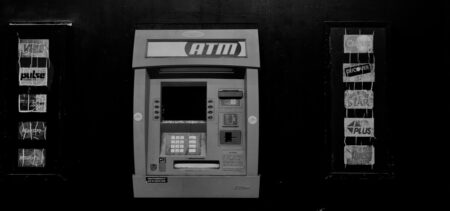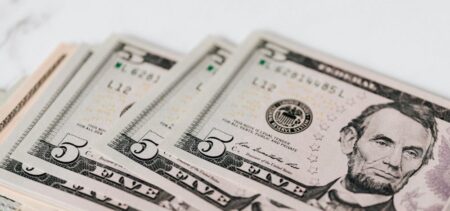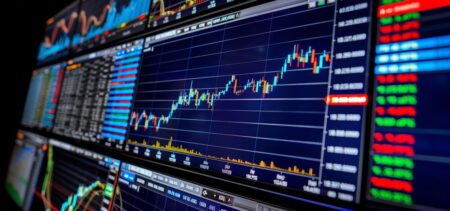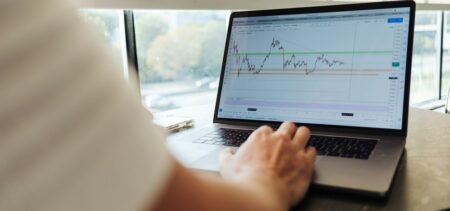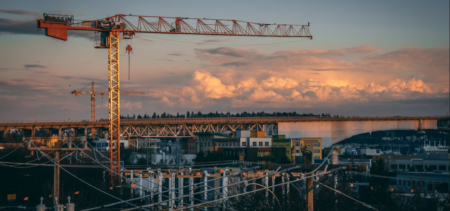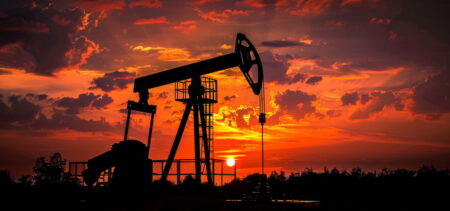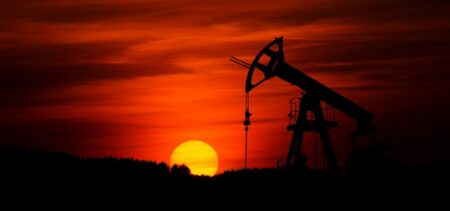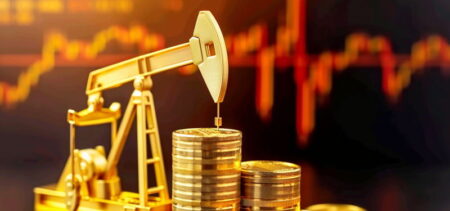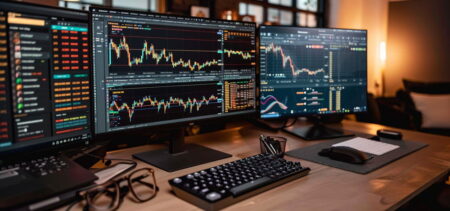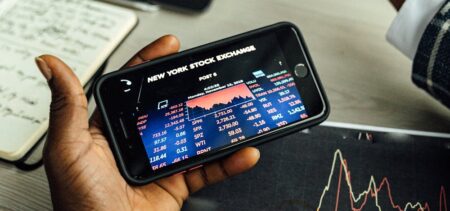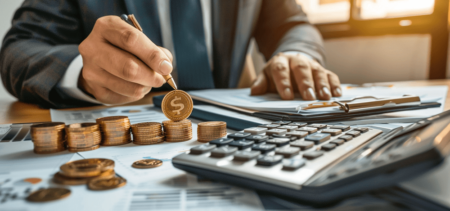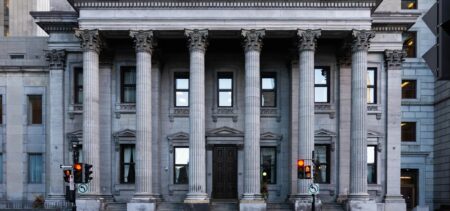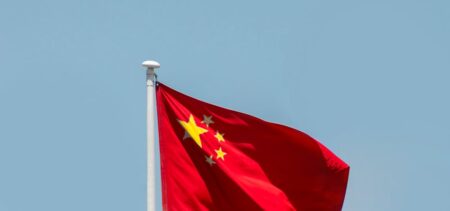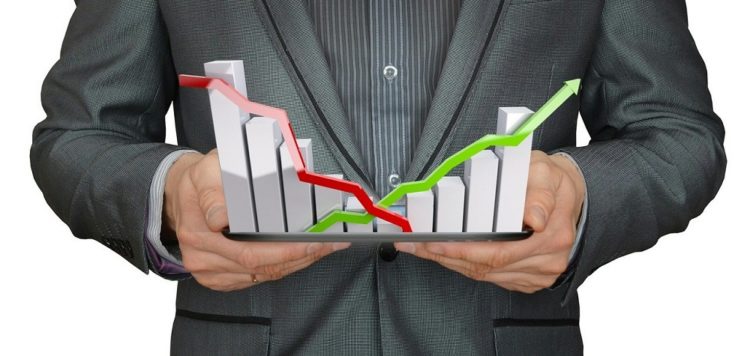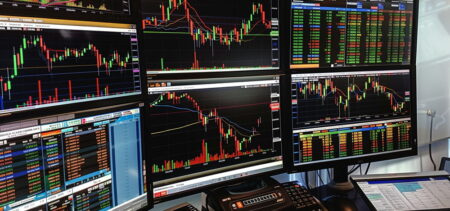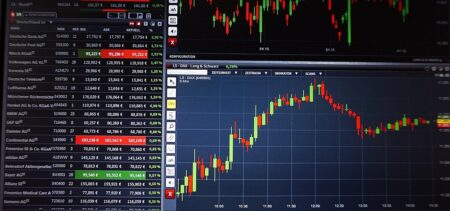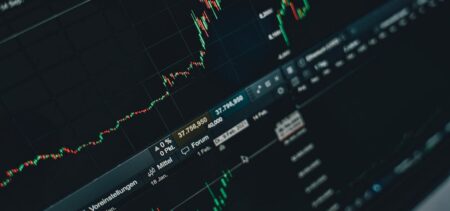There’s no question that the recent COVID-19 pandemic and Russia’s war on Ukraine have combined to disrupt the global economy. In fact, economic risks are multiplying all over the world as the geopolitical crisis continues, and investments are blocked by understandable concerns regarding the future. To make matters worse, Russia’s military invasion has also led to a drastic disruption of key food supplies, like wheat and sunflower oil. As policymakers and economists everywhere struggle to find solutions to what seems to be the worse financial crisis since 2008, recession fears are on the rise.
World Bank President David Malpass stated that the conflict in Ukraine, social restrictions in China, supply-chain problems, and the risk of stagflation are preventing economic growth. “For many countries, recession will be hard to avoid,” he added. According to Malpass, all economies are based on predictions about the future, so immediate actions, such as supporting production and preventing trade restrictions, are now necessary. Moreover, efforts to combat capital misallocation and inequality are also needed, and these should include fiscal, monetary, and climate measures, among others.
Why Recession Fears Are Growing
According to the World Bank’s latest Global Economic Prospects report, Russia’s war in Ukraine adds more pressure on existing economic risks that have emerged as a consequence of the COVID-19 pandemic. These issues stopped economic recovery and made the world market enter what could be seen as a period of fragile growth and high inflation. The World Bank argues that this raises the risk of stagflation, and could also lead to new issues—especially for middle- and low-income countries. Considering the fact that the conflict in Ukraine seems to be far from over, the World Bank is not alone in voicing concerns.
JPMorgan Chase CEO Jamie Dimon warned that the U.S. economy may be hit by a financial “hurricane” caused by Russia’s invasion of Ukraine, thereby increasing inflation pressures and interest rate spikes from the Federal Reserve. According to Dimon, things are going well for the time being, and American investors are counting on the Federal Reserve to resolve most problems soon. However, Dimon warned that a disaster is waiting just around the corner, and its scale is still hard to predict. “We just don’t know if it’s a minor one or Superstorm Sandy. You better brace yourself,” Dimon added. He also voiced concerns about the conflict in Ukraine and its effects on oil prices.
Like Dimon, the World Bank states that global efforts are now needed not only to protect the people most affected by the military conflict, but also to balance the issues resulting from increasing oil and food prices.
Why Some Experts Are Cautiously Optimistic About the Future
Unlike the World Bank, the White House has recently released an optimistic statement, featuring economic indicators such as state employment, unemployment insurance claims, gross domestic product, supplemental poverty, vaccination rates, as well as the way all these indicators fared during the Biden-Harris Administration. According to the factsheets included in the statement, the American Rescue Plan has managed to significantly reduce unemployment rates throughout the country, and it also helped Americans create new companies at record rates. Moreover, since 2021, numerous Americans seem to have a more positive outlook on their economic well-being.
The White House is not alone in expressing positive prospects for the future despite growing concerns about a new recession. In fact, various experts now argue that a full-blown recession can be prevented by keeping the inflation rate lower and boosting consumer spending. LPL Financial Chief Economist Jeffrey Roach recently declared that the U.S. economy is not shrinking, but rather depreciating. According to him, the fact that the economy is only slowing down means that it will probably be able to avert a recession. Like Roach, most forecasters now predict a 2% to 3% GDP growth for the second quarter (Q2) of 2022—a stable rebound when compared to Q1.
While policymakers and economists in the U.S. and abroad are trying to find the best ways of fighting against inflation and providing the economy with new incentives to grow, one thing remains certain: There can be no economic recovery without geopolitical stability. For now, recession fears are on the rise as the conflict in Ukraine continues.




